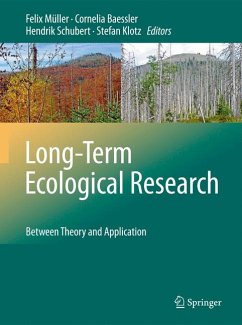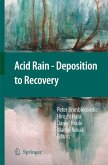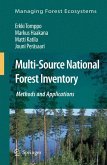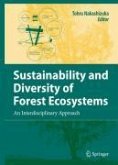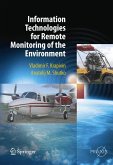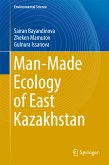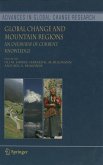This book fills this gap by focusing on studies dealing with the investigation of complex, long-term ecological processes with regard to global change, the development of early warning systems, and the acquisition of a scientific basis for strategic conservation management and the sustainable use of ecosystems.
Theoretical ecological questions of long-term processes, as well as an international dimension of long-term monitoring, observations and research are brought together. The outcome is an overview on different aspects of long-term ecological research.
Concepts and results of case studies in both aquatic and terrestrial ecosystems are discussed. The different time dimensions, as well as scales from the community and ecosystems up to the landscape scale are included. Finally, research is linked with application in different fields of ecology, and urgent future infrastructural, methodological and research demands and challenges are described.
This book will be of interest not only to ecologists, conservation biologists, biodiversity scientists and environmentalists, but also to administrators of protected areas and natural resource managers.
Dieser Download kann aus rechtlichen Gründen nur mit Rechnungsadresse in A, B, BG, CY, CZ, D, DK, EW, E, FIN, F, GR, HR, H, IRL, I, LT, L, LR, M, NL, PL, P, R, S, SLO, SK ausgeliefert werden.
"Each of the 30 chapters (written by 104 authors) deals with the conceptual issue of long-term research ... . The book can serve as a source of arguments and ideas for grant proposals of those who are preparing any monitoring, as even short-term monitoring might be repeated in future and become long-term. The book is an excellent source of flow charts incorporating different scales, ecosystems subjects methods, etc ... ." (Jitka Klimesová, Folia Geobot, Vol. 47, 2012)

